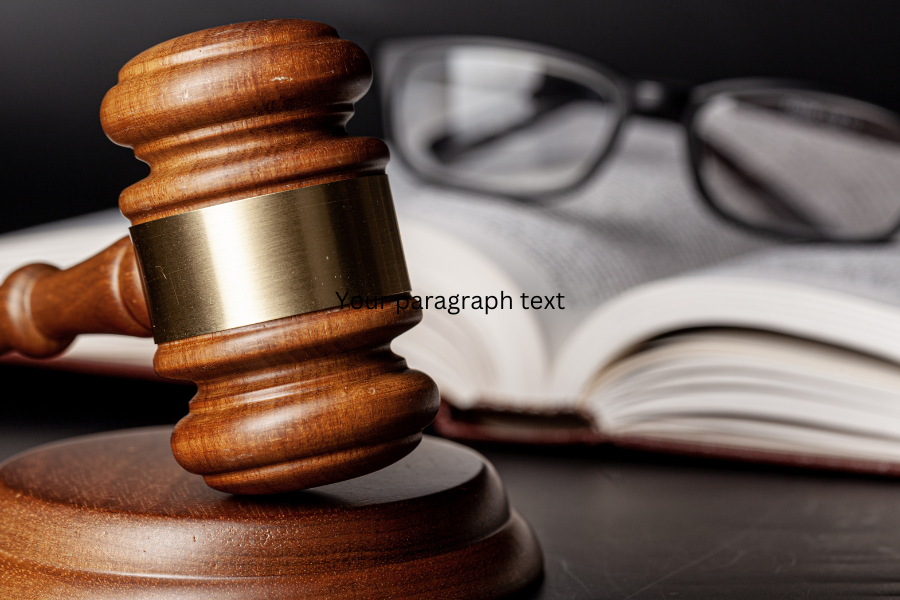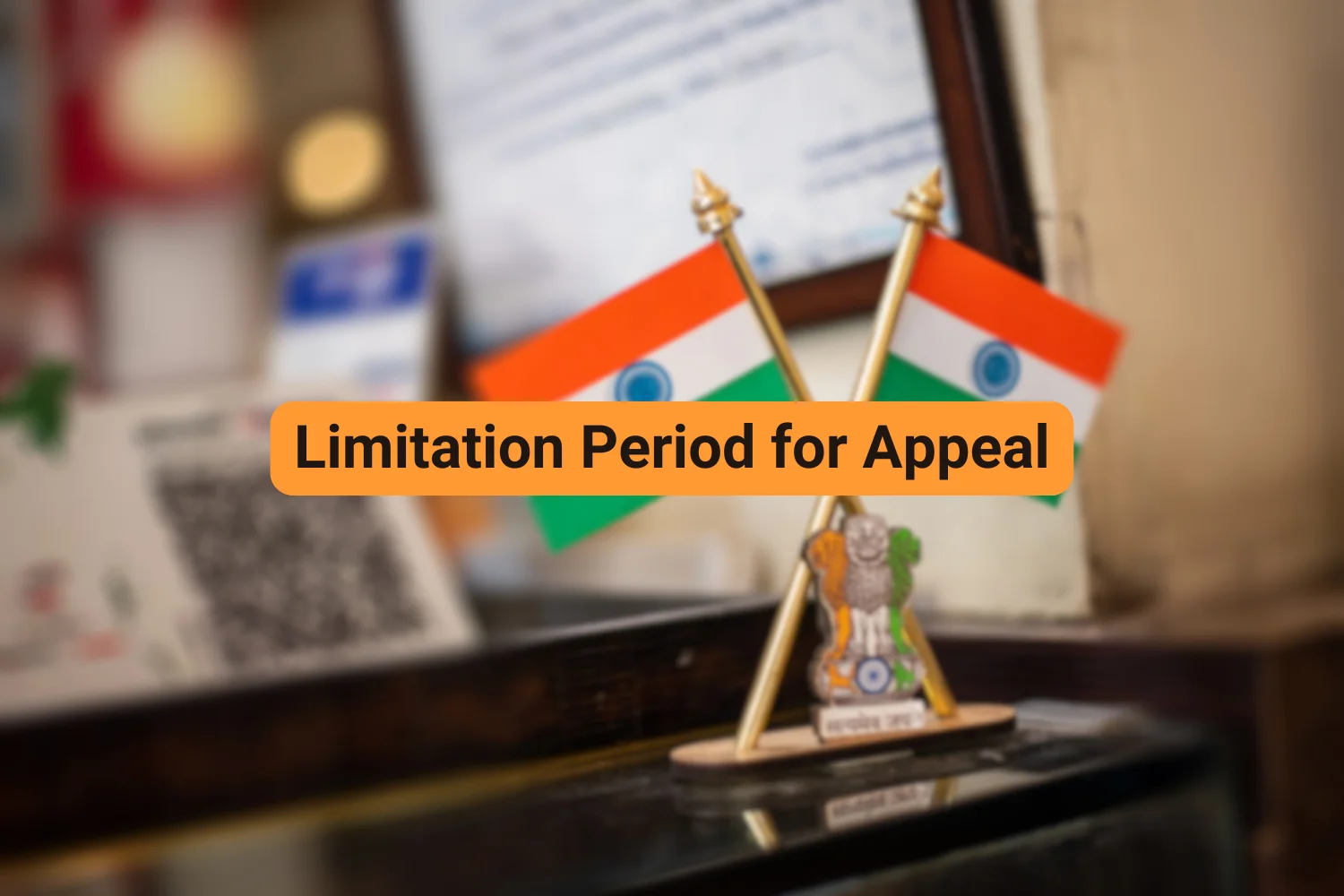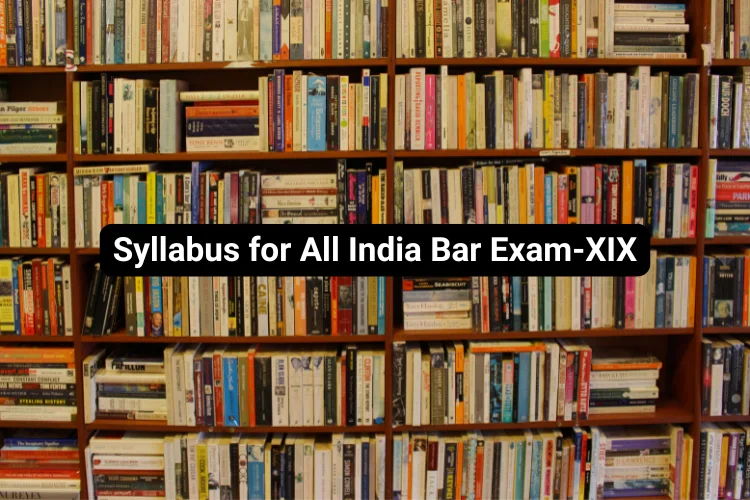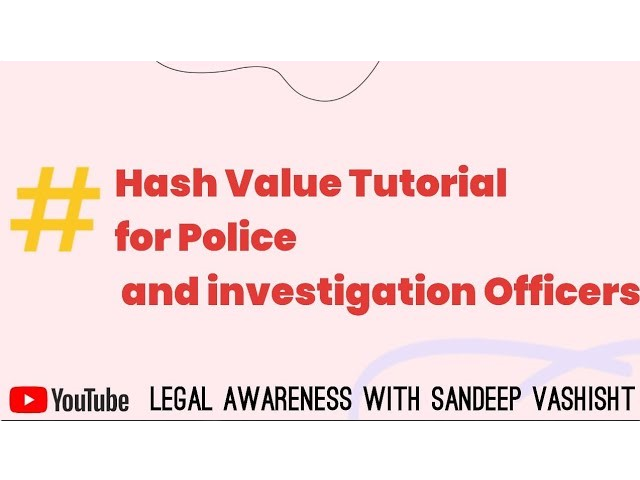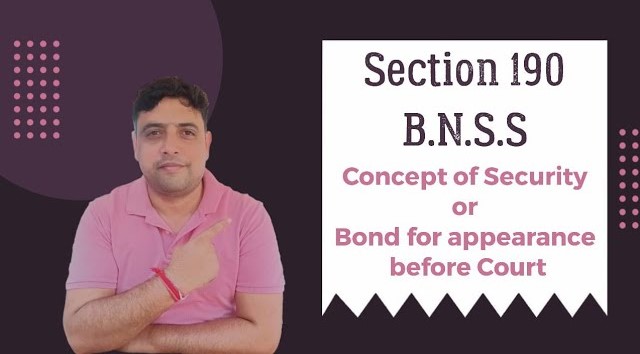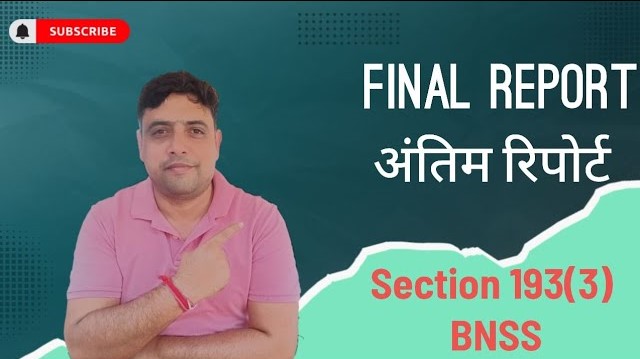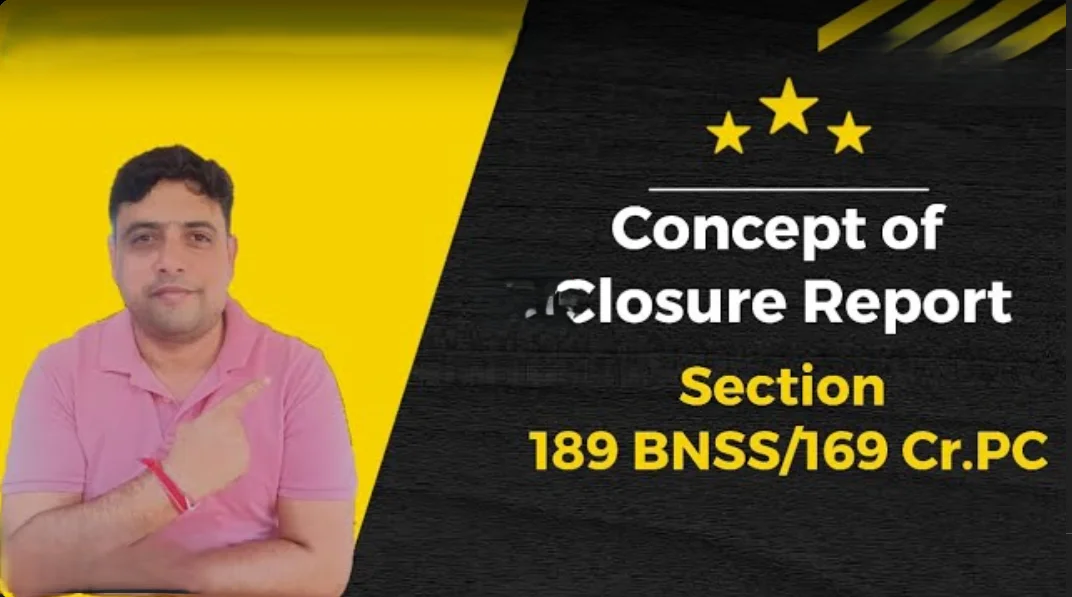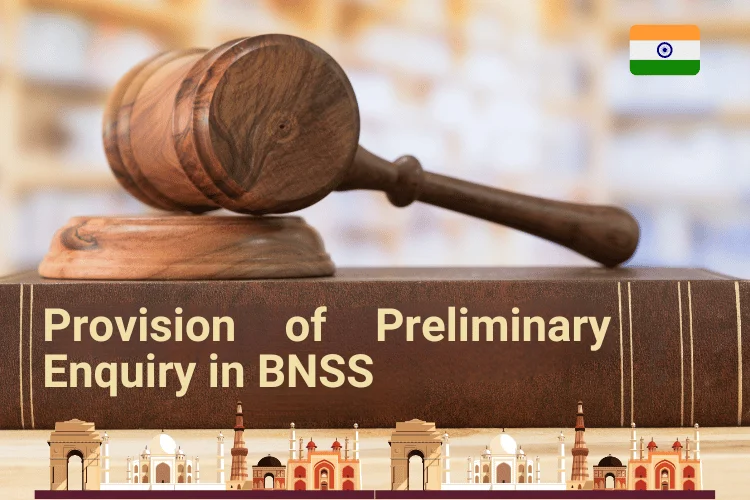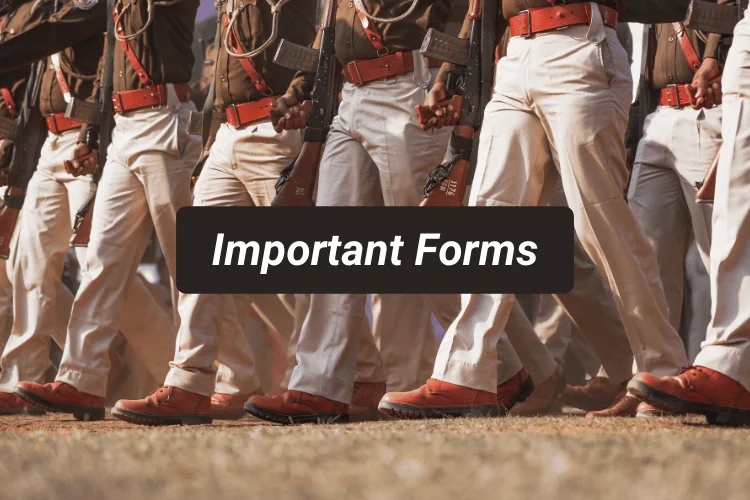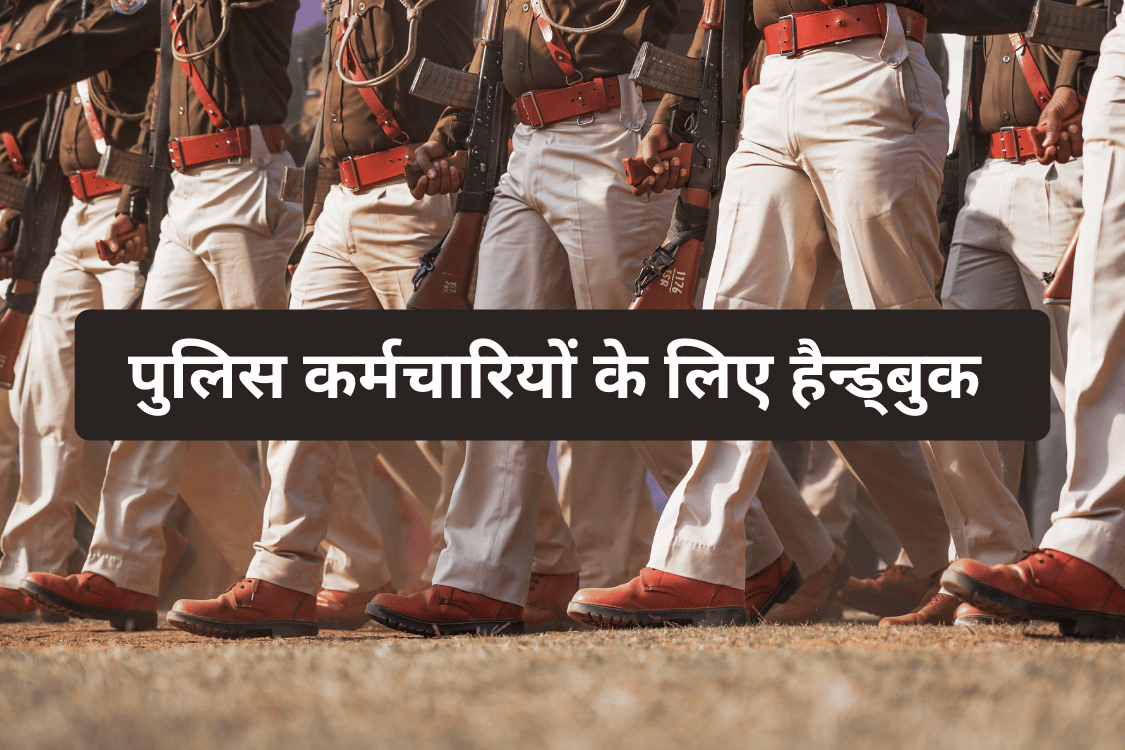STATE BAR COUNCIL'S POWER TO PUNISH MISCONDUCT BY ADVOCATES
INITIATING PROCEEDINGS:The State Bar Council can punish advocates for misconduct under the Advocates Act (Section 35). This happens upon receiving a complaint or suspecting an advocate's wrongdoing.The Council then refers the case to a Disciplinary Committee for investigation.
Complaints and Reassignments:
- Complaints must be filed as petitions, signed and verified like in a civil court case.
- The Bar Council cannot drop a matter due to withdrawal, settlement, or the complainant backing out.
- Sub-section (1-A) of Section 35 allows the Council to reassign pending proceedings to another Disciplinary Committee within the same Bar Council.
Hearings:
- The Disciplinary Committee sets a date, time, and location for the hearing, notifying the advocate and the Advocate-General. The hearing should be held within 30 days of receiving the case.
- The committee hears arguments and reviews documents. They can also permit witness testimonies or witness statements (affidavits) if necessary.
- The procedure generally follows civil court proceedings.
Powers of the Disciplinary Committee:The committee has similar powers to a Civil Court for matters like:
- Summoning and questioning witnesses under oath.
- Demanding documents.
- Accepting sworn statements (affidavits).
- Requesting public records or copies from courts or offices.
- Issuing commissions to examine witnesses or documents elsewhere.
- Other powers as prescribed by law.
However, the committee cannot summon certain officials without prior approval:
- Presiding officers of courts (requires High Court sanction).
- Revenue court officers (requires State Government sanction).
Nature of the Proceedings: Disciplinary committee proceedings are considered judicial proceedings under specific sections of the Indian Penal Code and the Criminal Procedure Code.
Role of the Bar Council:
- The public cannot directly initiate disciplinary action against advocates.
- The Bar Council acts to protect the profession's integrity and upholds ethical standards, not as a prosecutor but as a regulator.
- The Council can initiate proceedings based on information received during its duties.
- There's no opposing party; the focus is on maintaining professional conduct. Penalties may include reprimand, suspension, or removal from the advocate's roll.
OTHER POWERS :
Effect of Non-Appearance
-
- If the complainant or respondent does not appear before the Disciplinary Committee, the Committee may proceed ex parte or direct fresh notice to be served.
- Any ex parte order may be set aside on sufficient cause being shown, within 60 days of the passing of the order.
Effect of Death of Either Party
-
- If the complainant dies and there is no representative willing to conduct the case, the Disciplinary Committee may proceed with the enquiry or drop it.
- If the respondent advocate dies, the Disciplinary Committee shall record the fact of death and drop the proceedings.
Order of the Committee:The Disciplinary Committee may make any of the following orders:
-
- Dismiss the complaint
- Reprimand the advocate
- Suspend the advocate from practice for a period
- Remove the name of the advocate from the State roll of advocates
Consequences of Order of Punishment
-
- Suspension or removal from practice debars the advocate from practicing in any court or before any authority or person in India.
- A record of punishment is entered against the advocate's name in the State Roll.
- The certificate granted under Section 22 is recalled.
- The Disciplinary Committee should weigh various factors, including the need to cleanse the legal profession and deterrence, in determining punishment.
"Empowering your legal journey, one resource at a time. Welcome to Vidhoon, your trusted hub for
comprehensive law notes, practical guidance, and expert support.
Explore, learn, and succeed with us!





